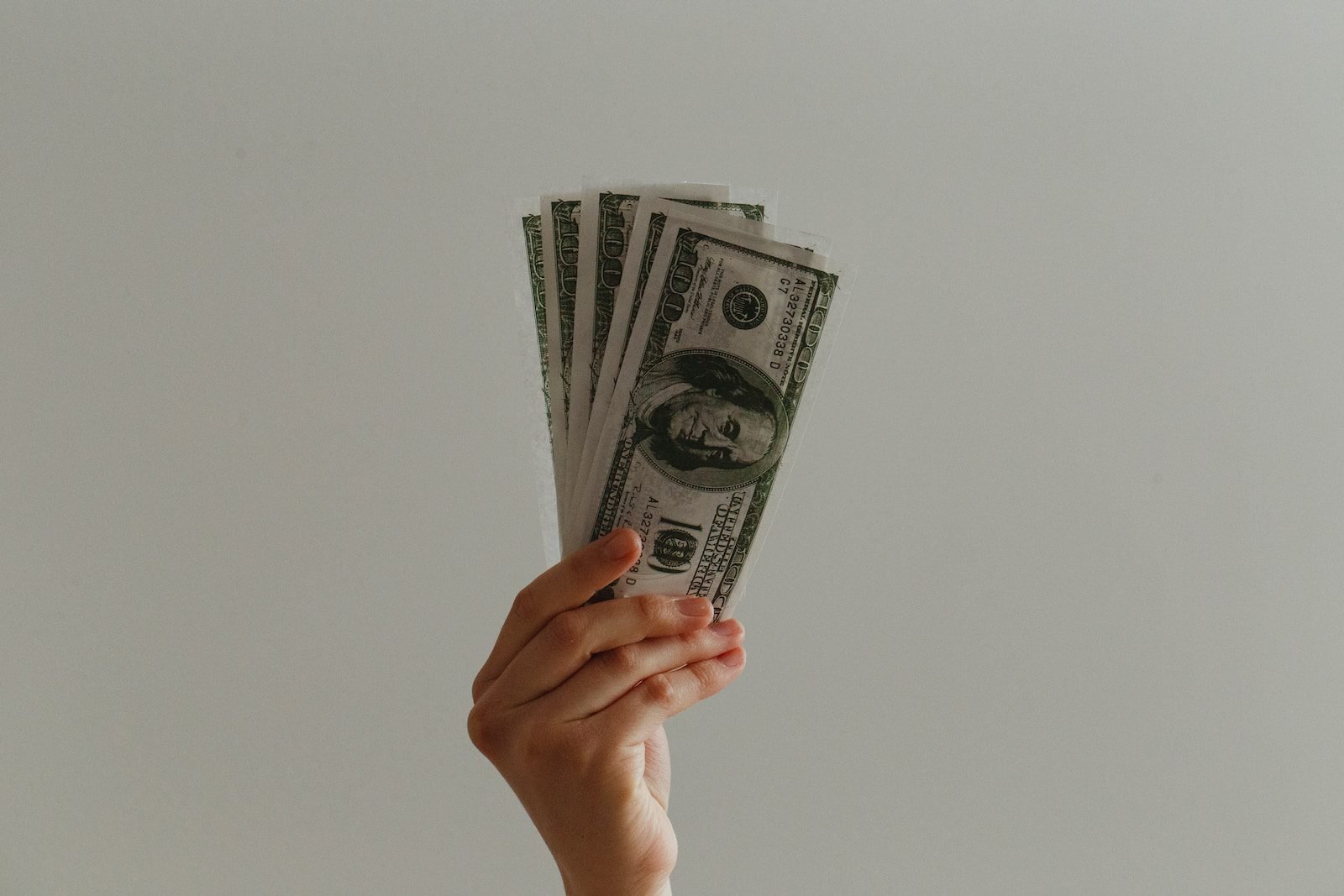IN NEW YORK: Stocks on Friday rose after a late-afternoon Wall Street turnaround as the market recovered from a sluggish start brought on by concerns about banks on both sides of the Atlantic.
After declining for the majority of the morning, the S&P 500 increased by 0.6%. The benchmark index increased for the second consecutive week. The Nasdaq composite closed up 0.3% and the Dow Jones Industrial Average increased by 0.4%.
The positive end to the week occurred amid turbulence in the markets due to concerns that banks are deteriorating under the weight of significantly higher interest rates. This has increased worries about a potential recession and created significant uncertainty about future interest rate decisions by the Federal Reserve and other central banks.
According to Randy Frederick, managing director of trading & derivatives at Charles Schwab, “there are fears out there about, clearly, a more catastrophic bank crisis, both locally and in Europe, and yet somehow markets are seeing past that.”
The subject of much attention on Friday was Deutsche Bank, whose stock fell 8.5% in Germany. Earlier this month, regulators mediated a buyout of rival UBS by Swiss bank Credit Suisse after shares and confidence in the institution plummeted.
Credit Suisse experienced a rather unusual range of persistent issues. Yet, this month’s second- and third-largest US bank collapses have shone a harsher spotlight on the whole banking sector.
Other major European banks also saw losses on Friday, including Commerzbank in Germany, which dropped 5.5%, BNP Paribas in France, which dropped 5.3%, and UBS, which lost 3.5%.
Wall Street’s closing price for banks was uneven. Bank of America increased 0.6% and JPMorgan Chase decreased 1.5%.
Investors in the US have mostly been looking for banks that might experience a crippling loss of clients, similar to what led to the demise of Silicon Valley Bank and Signature Bank.
Investors have focused their attention on smaller and midsized banks because they are considered to be riskier and are smaller than “too-big-to-fail” banks.
First Republic Bank’s stock fell 1.4% at the close. 90% less than it was last year.
According to Treasury Secretary Janet Yellen, in situations where the government perceives a risk to the system as a whole, it will guarantee bank clients’ savings, even if they exceed the $250,000 limit set by the Federal Deposit Insurance Corp. Regulators took that action in regards to Silicon Valley Bank and Signature Bank.
But, this week Yellen also refrained from offering a general guarantee for all depositors at all banks.
This week, institutions that were short on cash were still lining up to borrow money from the Fed. The Fed said on Thursday that while still high, emergency lending to banks decreased marginally in the previous week, to $164 billion.
One major concern is that the intense pressure on banks would result in a reduction in lending to small and midsized firms nationwide. That might then result in fewer jobs being filled, a weaker economy, and a greater chance of the recession that many economists already said was likely.
Even if the labour market has continued to be extraordinarily strong, other aspects of the economy have already started to deteriorate as a result of increasing interest rates. Several economic reports were released on Friday. One revealed that last month’s orders for durable manufactured products were fewer than economists had anticipated.
But according to a second study, corporate activity has increased at its quickest rate in in a year. The preliminary S&P Global report exceeded economists’ predictions.
As part of its effort to fight inflation, the Federal Reserve raised rates this week by just a quarter of a percentage point rather than a more aggressive half point, according to Federal Reserve Chair Jerome Powell.
By slowing down the entire economy, higher rates can reduce inflation, but they also increase the likelihood of a recession. They also lower stock prices and the value of other investments. That meant losses for Silicon Valley Bank and other banks on their extremely secure Treasury bonds holdings.
From practically zero at the beginning of the year, the Federal Reserve has increased its benchmark overnight interest rate to a range of 4.75% to 5%. It has been suggested that it might increase rates one more time before keeping them steady till the end of the year.
Yet, traders are more pessimistic. They are strongly wagering that the Fed will have to lower interest rates this summer to relieve some of the pressure on banks and the economy due to the increasing likelihood of a recession.
As for whether or not that occurs, Frederick said, “I don’t know, and obviously these things fluctuate a lot. But I would say there’s a very plausible possibility to say that rates right now may be as high as they’re going to go and we may simply go sideways for a bit.”
Such speculation has exacerbated investors’ greater desire to invest in everything they perceive to be safe, which together has led to enormous, occasionally violent swings in the bond market.
Friday saw significant yield declines. The 10-year yield, which influences mortgage and other lending rates, dropped from 3.42% to 3.38% late on Thursday. Earlier this month, it was higher than 4%.
The two-year Treasury yield, which more closely mirrors expectations for the Fed, has seen a decline that is even more pronounced. It dropped from 3.83% late on Thursday and more than 5% earlier this month to 3.77% now.
The S&P 500 increased overall by 22.27 points to 3,970.99. To reach 32,237.53, the Dow gained 132.28 points. To end the day at 11,823.96 on the Nasdaq, it gained 36.56 points.
Stocks of small companies outperformed the overall market. To reach 1,734.92, the Russell 2000 index increased 14.63 points, or 0.9%.




